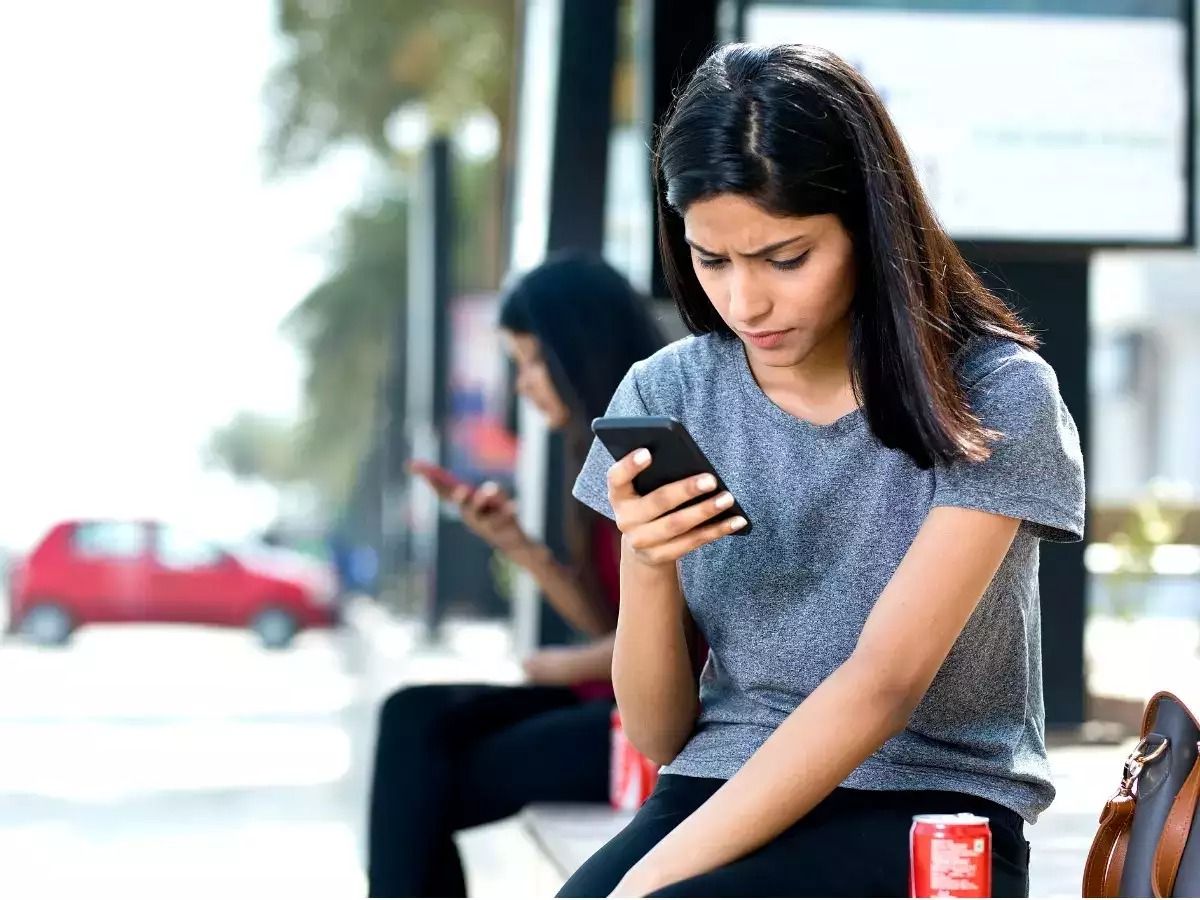Effects of Social Media on Teenagers
How does social media affect teenagers? Like any form of technology, social media has both an upside and a downside. And when it comes to the social media effects on teens, there are significant pros and cons to taking into account.
On the plus side, platforms like TikTok, Twitter, Instagram, and Snapchat can be lifesavers for teens who feel isolated or marginalized, particularly LGBTQ teens. In addition, social media helped teens feel more connected and not as lonely during the pandemic.
But the impact of social media on youth can also be significantly detrimental to mental health. In particular, social media and teen depression are closely linked. Furthermore, overuse of the apps exposes teens to cyberbullying, body image issues, and tech addiction, and results in less time spent doing healthy, real-world activities. And while the majority of parents believe they know what their child is posting on social media, according to a Pew Research poll, a survey of teens found that 70 percent of them are hiding their online behavior from their parents.
Are teens and social media a good mix, or does social media use lower teen well-being? Why is social media bad? This has become one of the more controversial questions regarding social media’s effects on teens, with studies showing varied results.
According to a report released by Common Sense Media on social media’s effects on teens, about half of the 1,500 young people surveyed said social media is very important for them in order to get support and advice, feel less alone, and express themselves creatively, as well as for staying in touch friends and family members. And 43 percent said that using social media makes them feel better when they are depressed, stressed, or anxious. Among LGBTQ youth, 52 percent said social media helps them feel better when they are experiencing these difficult emotions.
On the other hand, the report also showed a strong association between social media and teens feeling depressed. Youth with moderate to severe depressive symptoms were nearly twice as likely to say they used social media almost constantly: One-third of teens with depression reported constant social media use, as compared to 18 percent of teens who did not have depressive symptoms. Furthermore, the more severe their symptoms were, the more anxious, lonely, and depressed they felt after using social media. Clearly, social media does not help teens who are already feeling depressed and seems to contribute to their negative outlook.

Comment's
bCMTqAurWwDc 2024-01-29 02:44:43
bCMTqAurWwDc 2024-01-29 02:44:41
PVhIDcGPJ 2023-11-11 12:24:46